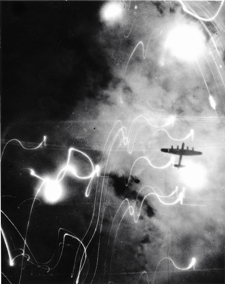T.V. PAUL, SRINATH RAGHAVAN
The Security Studies Seminar is a monthly seminar series that aims to comprehensively discuss a new piece of academic research on matters pertaining to Indian and international security, with the author.
In the 72 years since India achieved independence, many believe that the country is destined to rise as a global power. While India has achieved much in obtaining a higher global status, its quest of great power status remains unfinished. What kind of opportunities has India leveraged or missed in this pursuit? What are the external and internal constraints that hamper its progress? Finally, what does the future hold for India’s status elevation?
Carnegie India hosted T.V. Paul as he discussed the oppprtunities and constraints that India faces as it navigates its rise in the 21st century. The discussion was moderated by Srinath Raghavan.
DISCUSSION HIGHLIGHTS
Attaining Great Power Status: Participants stated that in international relations, the study of great powers is an area of major focus, from the works of classical realists like Machiavelli to neoclassical realists such as Robert Gilpin. They noted, in the Indian context, foreign policy continues to center around the pursuit of prosperity and security. These twin goals contribute to India’s ambition for great power status. Participants explained that great power status, synonymous with institutionalized global power status, is the result of systemic recognition. The degree to which a state is accepted, and part of exclusive international institutions is a sign of great power status, institutional recognition is central to a state being a great power, they noted. Participants further highlighted that prestige and global power status are interlinked.
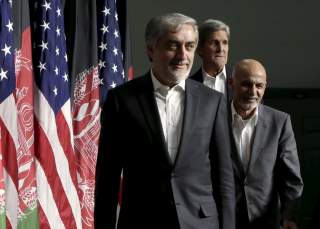


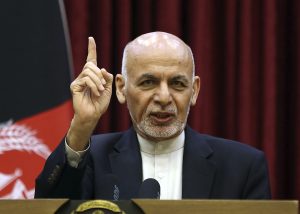
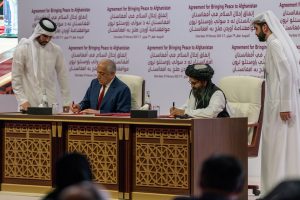
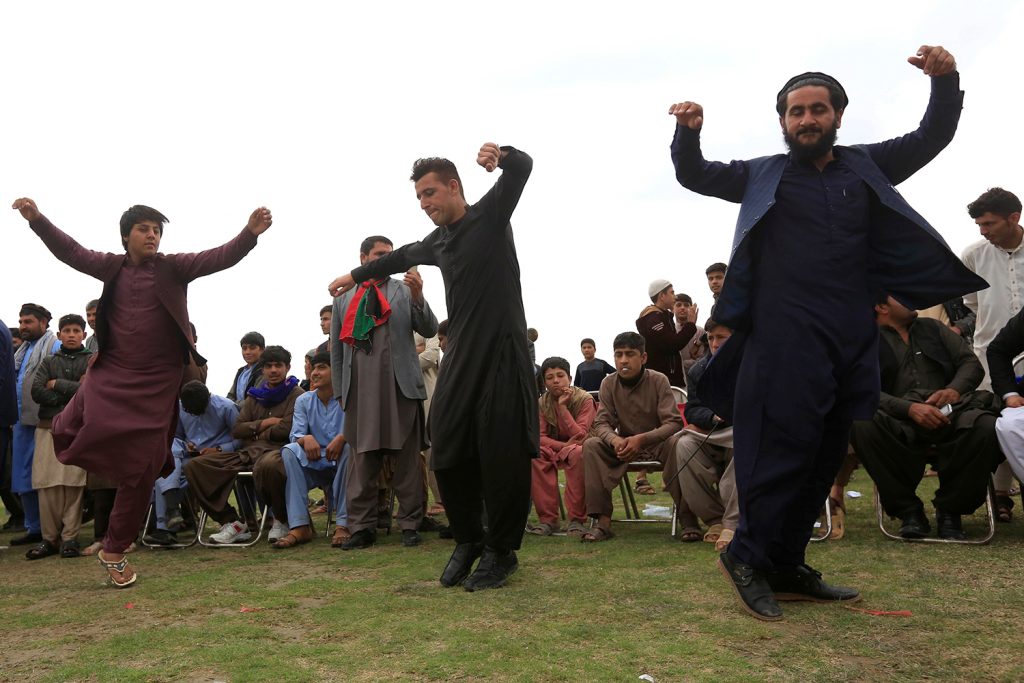
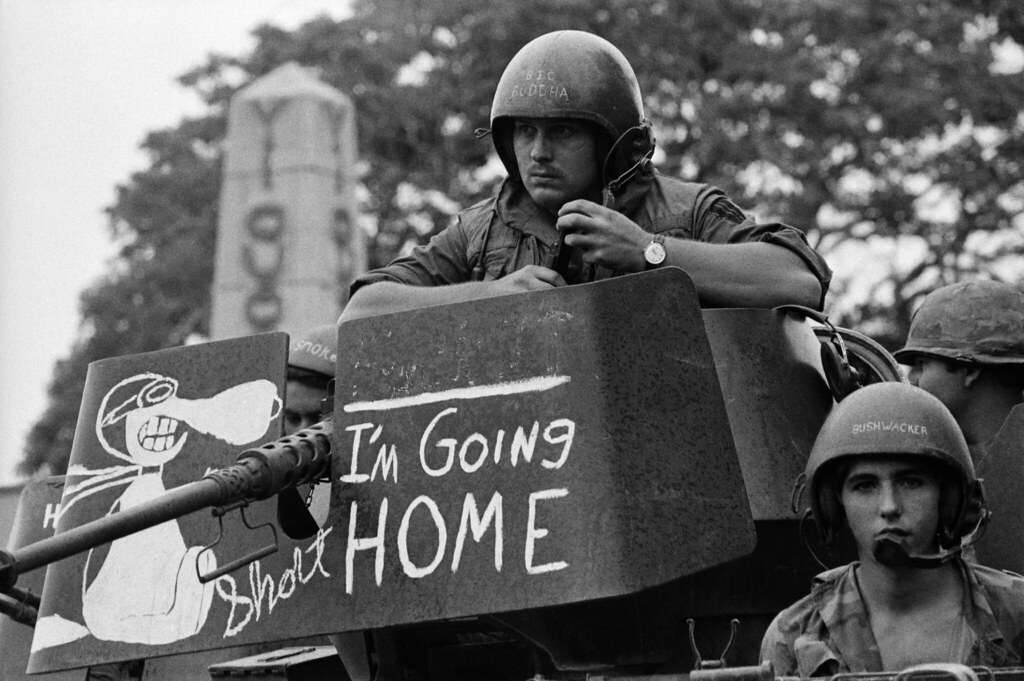

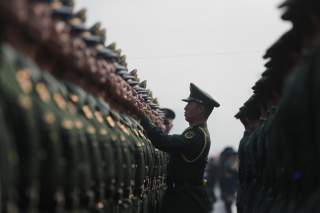

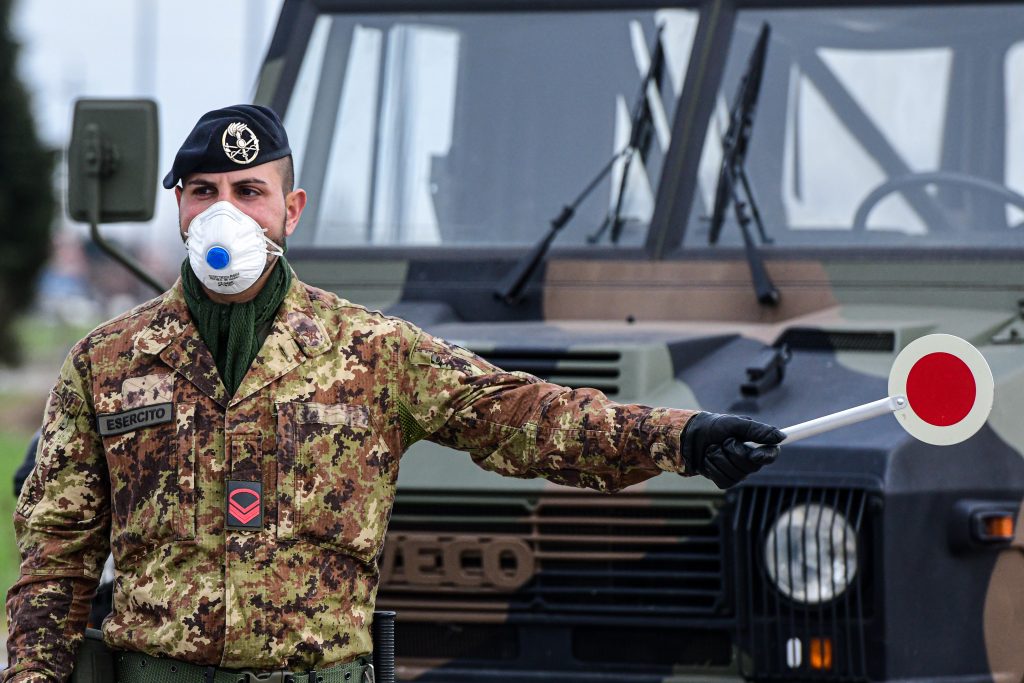
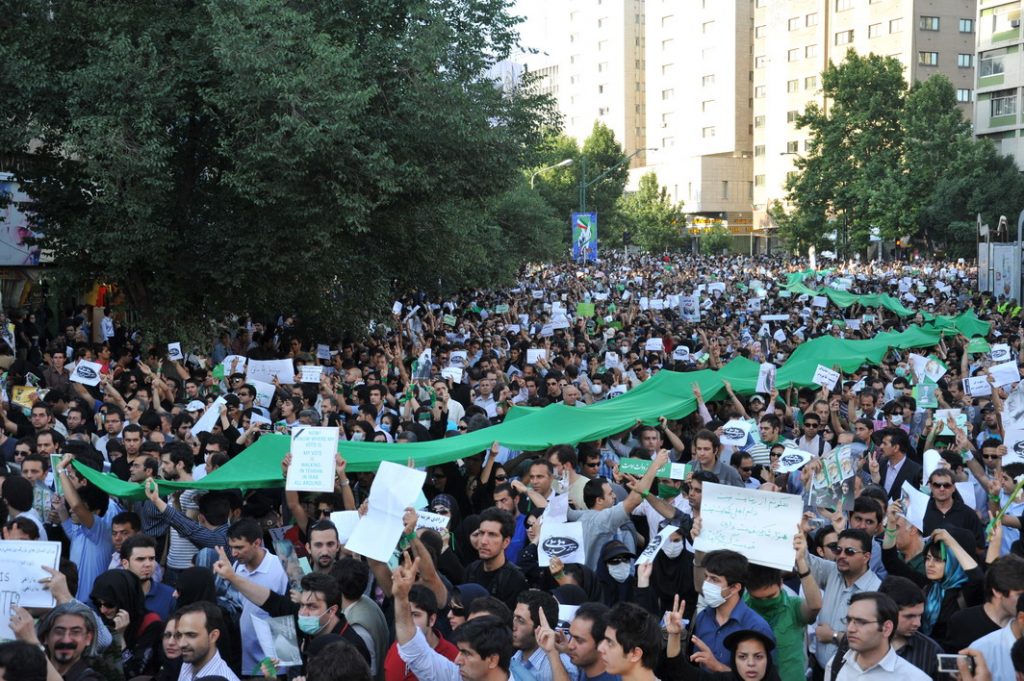


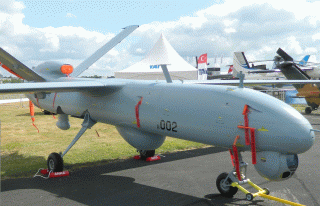

/arc-anglerfish-arc2-prod-mco.s3.amazonaws.com/public/CBHBAHLYFJGLJHZXSD6GNRGJLY.jpg)

/arc-anglerfish-arc2-prod-mco.s3.amazonaws.com/public/3SJOLLBV6JD3HJ7X2BVOZQ7I6Y.jpg)
